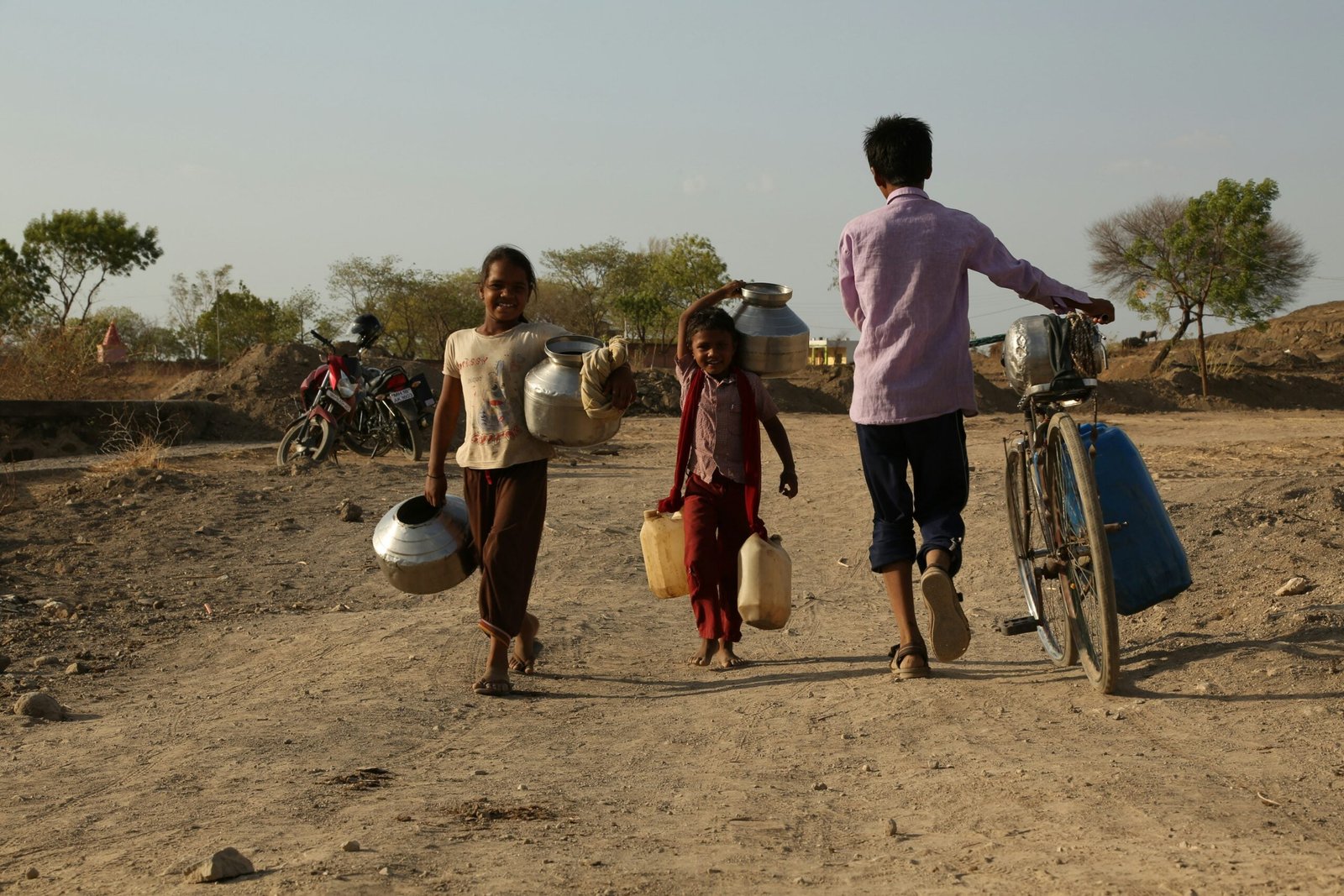In response to the economic challenges it faces, Nigeria is implementing a series of reforms aimed at addressing the issues and stabilizing the economy. These reforms include the merging and scrapping of government agencies to reduce costs, as well as the resumption of cash transfers to alleviate the hardships caused by these reforms.
The Nigerian government recognizes the need to streamline its operations and reduce unnecessary expenditures. By merging and scrapping certain government agencies, it aims to eliminate duplication of efforts, improve efficiency, and ultimately reduce costs. This move is part of a broader strategy to create a leaner and more effective government structure.
Additionally, the resumption of cash transfers is another important step taken by Nigeria to provide support to its citizens who have been affected by the economic situation. These transfers are designed to alleviate the hardships caused by the reforms and help vulnerable individuals and families meet their basic needs.
By implementing these measures, Nigeria aims to strike a balance between fiscal responsibility and social welfare. The government understands the importance of addressing the economic challenges while also ensuring that its citizens are not unduly burdened by the reforms.
It is worth noting that these reforms are not without their challenges. Merging and scrapping government agencies requires careful planning and coordination to ensure a smooth transition and minimize disruptions. Similarly, resuming cash transfers on a large scale necessitates efficient distribution mechanisms and robust monitoring systems to prevent abuse and ensure that the assistance reaches those who need it the most.
Despite these challenges, Nigeria remains committed to its reform agenda and is actively working towards creating a more sustainable and resilient economy. The government is also exploring other avenues to stimulate economic growth, such as diversifying the economy, attracting foreign investments, and promoting entrepreneurship.
Furthermore, Nigeria is actively engaging with international partners and seeking their support in addressing the economic challenges. This collaboration includes seeking financial assistance, technical expertise, and knowledge sharing to strengthen its reform efforts and achieve the desired outcomes.
While the road to economic recovery may be challenging, Nigeria’s commitment to implementing reforms and addressing the economic challenges is a positive step forward. By merging and scrapping government agencies to reduce costs and resuming cash transfers to alleviate hardships, the government aims to streamline operations and provide support to its citizens during these difficult times.
It is important to note that these reforms are part of a larger strategy to create a more efficient and resilient economy. Nigeria is actively working towards diversifying its economy, attracting investments, and promoting entrepreneurship to stimulate growth and create opportunities for its citizens.
As Nigeria continues to tackle its economic challenges, it is crucial for all stakeholders, including the government, businesses, and citizens, to work together towards a common goal. By fostering collaboration and implementing effective reforms, Nigeria can overcome its economic challenges and pave the way for a brighter and more prosperous future.



